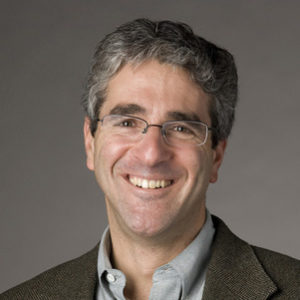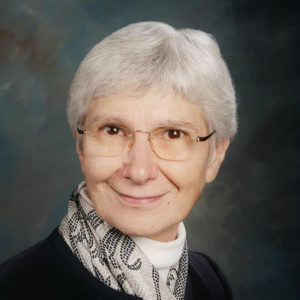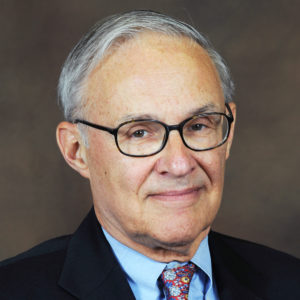Winston Churchill’s The Gathering Storm
Study the first volume of The Second World War, Churchill's history of world events from WWI to his election to Prime Minister in 1940.
Wednesdays | Oct. 8, 15, 22, 29, & Nov. 5 & 12
Online
This seminar explores one of the most pivotal transitions in Biblical history, tracing Israel’s path from tribal society to unified monarchy in the books of Samuel.
Attention will be given to character, conflict, and the interplay of fate and choice as students study both the literary and political dimensions of Samuel’s world. Participants will be invited to reflect on themes of authority, tradition, and the shaping of community.
Prof. McBrayer on the David story
This course is offered by Humanities at Hertog. It takes place weekly on Wednesdays, via Zoom, from 6 PM to 8 PM ET. Fellows will receive a $150 Amazon Bookshelf voucher contingent upon participation in the course and completion of a brief response paper. All course materials will be provided.

Greg McBrayer is Interim Provost at Ashland University and a political science professor specializing in political philosophy and international relations. He has published widely, co-authored and edited works on Plato and Xenophon, and previously held positions at Morehead State, Emory, and Gettysburg College.

Gregory McBrayer is Interim Provost at Ashland University, where he also directs the Core Curriculum and serves as an assistant professor of political science. His teaching and research center on political philosophy and international relations. He has published in Interpretation: A Journal of Political Philosophy and Kenton, reviewed books for several leading journals, co-authored Plato’s Euthydemus (with Mary Nichols and Denise Schaeffer), and edited Xenophon: The Shorter Writings. McBrayer joined Ashland in 2017 after appointments at Morehead State University, Emory University (postdoctoral fellow), and Gettysburg College. He holds a Ph.D. from the University of Maryland, an M.A. from the University of Georgia, and a B.A. from Emory University.
Readings:
Discussion Questions:
Recommended Readings:
Readings:
Discussion Questions:
Readings:
Discussion Questions:
Recommended Readings:
Readings:
Discussion Questions:
Readings:
Discussion Questions:
Readings:
Discussion Questions:

Samuel Garrett Zeitlin
Samuel Zeitlin is Lecturer in Modern Intellectual History at University College London, specializing in political thought, international relations, and the history of philosophy.

Molly Brigid McGrath
Molly Brigid McGrath is a professor of philosophy at Assumption University. She specializes in phenomenology, social ontology, and political philosophy, with particular interests in the works of Husserl, Aristotle, Searle, and classic texts by Plato, Aquinas, and Montesquieu.

Laurence Cooper
Laurence Cooper is Professor of Political Science at Carleton College. Most of his research has addressed the question of human flourishing—what it is, how we can know what it is, what it requires from education and politics, and the risks that arise from misunderstanding it.

Bryan Garsten
Bryan Garsten is Professor of Political Science at Yale University. He writes on questions about political rhetoric and deliberation, the meaning of representative government, the relationship of politics and religion, and the place of emotions in political life.

Hugh Liebert

Diana Schaub
Diana Schaub is a nonresident senior fellow at the American Enterprise Institute (AEI), where her work is focused on American political thought and history, particularly Abraham Lincoln, Frederick Douglass, African American political thought, Montesquieu, and the relevance of core American ideals to contemporary challenges and debates. Concurrently, she is Professor Emerita of Political Science at Loyola University Maryland, where she taught for almost three decades.

Amy A. Kass
Amy Apfel Kass (1940 – 2015) was a senior fellow at the Hudson Institute, Senior Lecturer Emerita in the humanities at the University of Chicago, and coeditor of What So Proudly We Hail: The American Soul in Story, Speech, and Song. She was an award-winning teacher of classic texts.

Leon R. Kass
Leon R. Kass, M.D., is the Addie Clark Harding Professor Emeritus in the Committee on Social Thought and the College at the University of Chicago and the Madden-Jewett Chair at AEI. He was the chairman of the President’s Council on Bioethics from 2001 to 2005. He has been engaged for more than 40 years with ethical and philosophical issues raised by biomedical advances and, more recently, with broader moral and cultural issues.